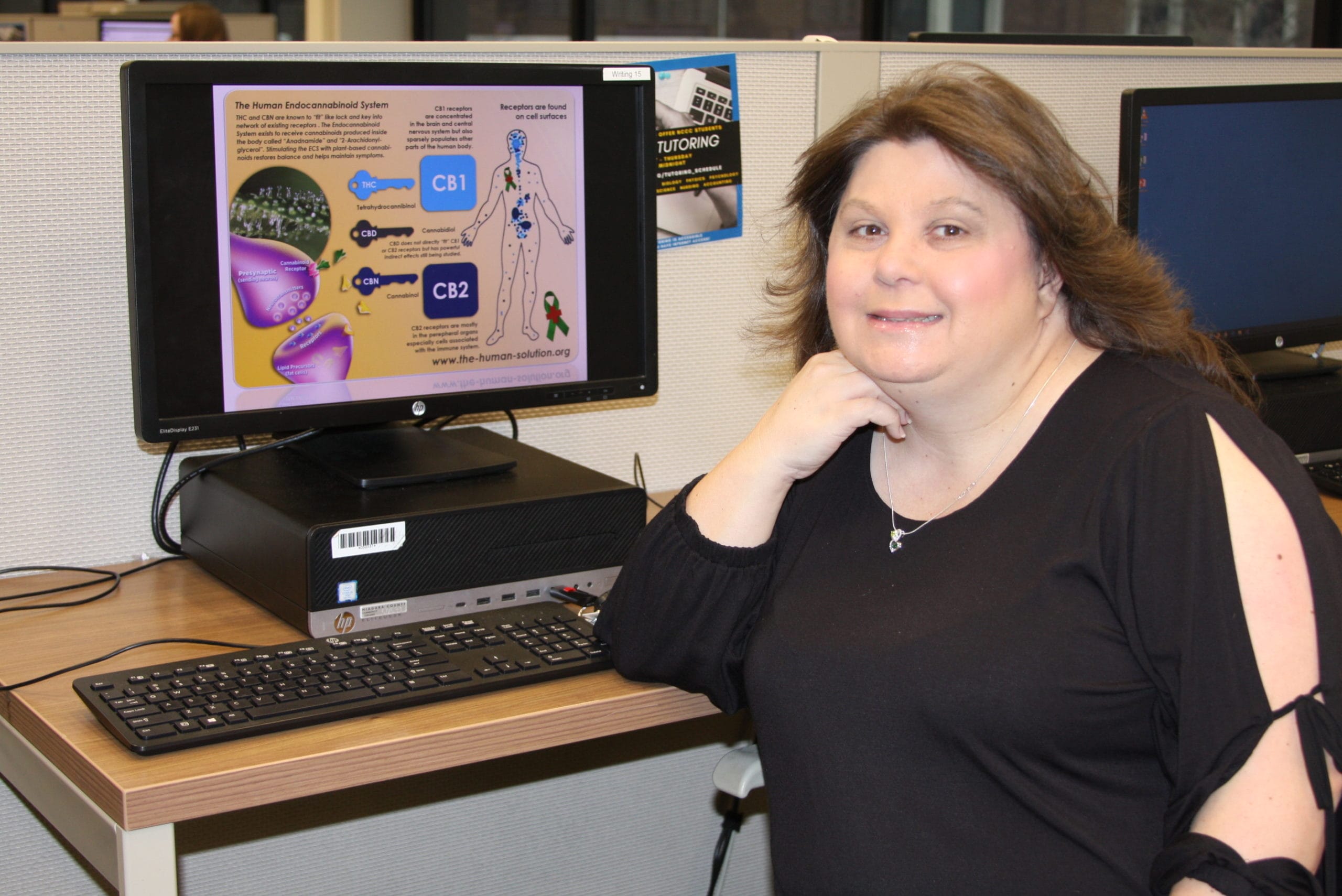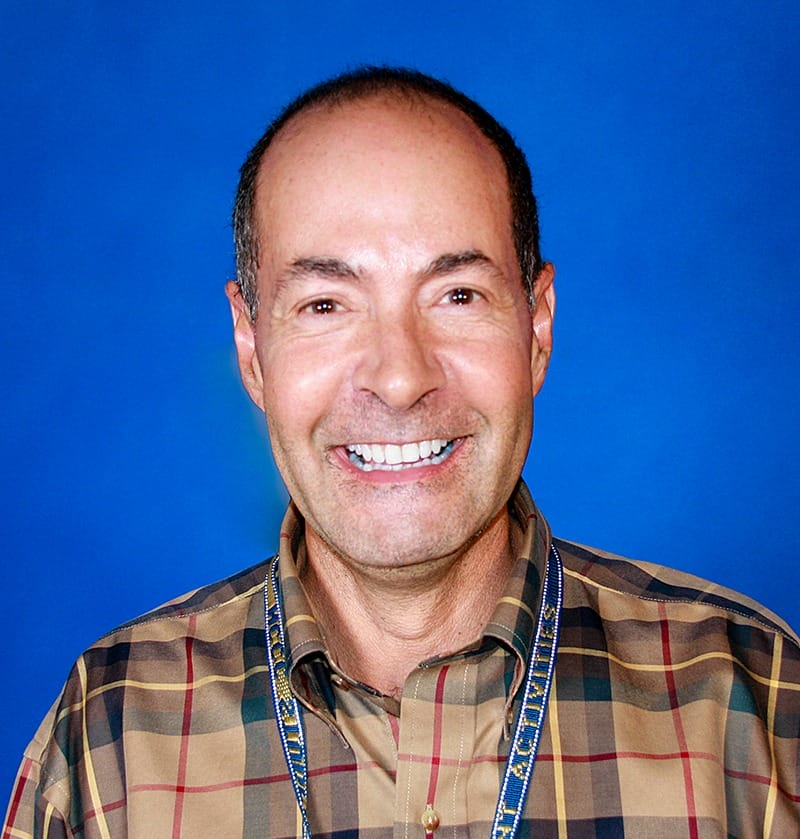- Home
- /
- Academic Degree and Certificate...
- /
- Chemical Dependency Counseling, Certificate...
Overview
This certificate program is designed for students who seek the NYS Credentialed Alcoholism and Substance Abuse credential. Students are prepared to take the NYS OASAS-administered credentialing exam and the program is OASAS-certified every three years. Classes in this curriculum focus on addictive behaviors and various treatment approaches, pharmacological effects of alcoholism and/or illicit substance abuse, and the family effects of addictive disorders.
Program Coordinator Mark Bonacci served for two years on an OASAS planning committee which in late August of 2013 promulgated the re-designed NYS CASAC requirements and the SUNY Niagara CDC program was thus re-accredited as of that date with accreditation until June 1, 2022.
The Chemical Dependency Counseling certificate program is approved/accredited by the New York State Office of Alcoholism and Substance Abuse Services (NYS-OASAS).
Program Goals and Objectives
- To enable students to take entry level positions in the field as “CASAC-T’s” — CASAC Trainees.
- To prepare students to take the NYS Office of Alcoholism and Substance Abuse Services-administered CASAC exam.
- To teach future substance abuse counselors issues relating to diversity, ethical practice and diagnostic and counseling principles.
SUNY/Niagara’s Chemical Dependency Counseling CertificateÌý36-credit program prepares students to sit for the NYS Office of Alcoholism and Substance Abuse Services (OASAS) Credentialed Alcoholism and Substance Abuse Counseling Trainee ( CASAC-T exam).ÌýAs such it is certified by OASAS to offer the full 350 contact hours of instruction necessary to sit for the New York State exam.Ìý Students should know that achieving the SUNY/Niagara Certificate and passing the CASAC-T exam will confer “trainee” status.ÌýThere are work-hour requirements to move to full-fledged CASAC status – ranging from one-half year if the student holds a master’s Degree to two years if the student holds an associate’s Degree and two and one-half years if the student holds a certificate.
Though passing the State exam will confer CASAC-T status to the student, which will enable them to begin work in an OASAS-approved agency, there is no State to State reciprocity in the field of substance abuse counseling credentialing so students should check the guidelines of the State in which they plan to practice to ensure that SUNY/Niagara credits will be in some way applicable to their guidelines and requirements.
Alumni Spotlight
Penny McKenzie ’20
“My favorite part about the Chemical Dependency Counseling program at SUNY Niagara is the quality of their educators. It is a privilege to be learning from some of the best professionals in the field. For a student living with a handicap, they helped me realize that regardless of ability, I can accomplish anything I set my mind to. I chose SUNY Niagara because you can get a solid education without having to travel far. Since graduation, I want to find a job as a counselor, pursue further education and experiences where wherever they may lead.”

Program Contact
Mark Bonacci, Ph.D.
Program Coordinator
Phone:Ìý716-614-6755
Email:Ìýbonacci@niagaracc.suny.edu
Location:ÌýE-132
Division Office: 716-614-6710 (E-238)


